Cars and Christian Schools: Rigor and Leadership
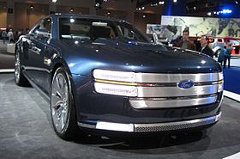 Read the series so far.
Read the series so far.
Many outstanding Christian leaders received the most rigorous, comprehensive training available to them. Today’s Christian schools must be equally motivated to cultivate outstanding Christian thinkers and leaders, whatever their future paths.
To ensure the requisite academic depth, an assessment tool such as Bloom’s Taxonomy is useful. Developed as part of a landmark research study led by educational psychologist Benjamin Bloom, this tool ranks six learning objectives according to their relative sophistication. In ascending order, they are (2001 revision): Remembering, Understanding, Applying, Analyzing, Evaluating, and Creating. Pondering this spectrum, one can readily categorize individual academic courses, schools, and even particular styles of Christian schooling.
From the outset, it should be evident that styles of Christian schooling markedly differ in their abilities to span this spectrum. The dividing line is often the type of curriculum used. Less effective are those which seek predetermined, pat answers. More effective are those which encourage independent thinking and originality. This does not mean ceasing to teach absolute Truth. It does mean allowing students to examine ideas pro and con, to ask difficult questions, to challenge tenuous conclusions, and even to sometimes respectfully disagree. This would be a departure from the instructional paradigm found at some Christian schools.
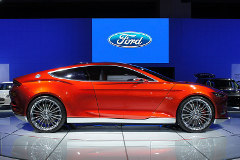 Read
Read 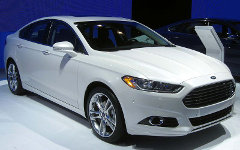 (Read
(Read 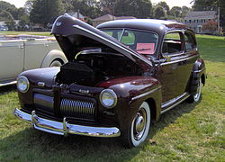 (Read
(Read 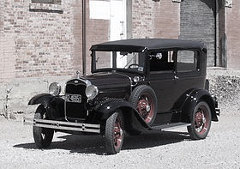

Discussion